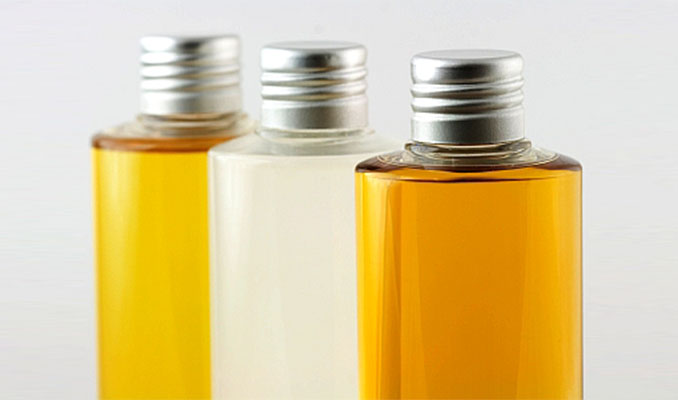The 1, 2, Publicity Punch!



Have you noticed the sharp increase in private labeling companies arriving in the beauty & cosmetics business lately? If you look closely, you’ll find that most of these companies started out marketing their own brands, and quickly realized that they can add revenue to the bottom line by selling their products for others to private label…to brand in their own way, using their own product identity and labeling (and often packaging). Private labelers don’t sell their formulas, so their clients are forced to purchase from them over and over, providing on-going revenue with almost no additional investment.
The fact is, any company that owns its own product formula can begin to offer that product to the private label market. And many are doing just that. As a formulation chemist, I often create new products for companies that intend to use them specifically for their private label customers. Once in a while, a company will have more success as a private labeler than they have marketing their own brands….and voila, a new private labeling lab is born!
But aren’t these private labelers creating their own competition by doing this? Well, yes, sort of. But if they’ve invested in manufacturing equipment and lab facilities, then it often makes financial sense to maximize the use of those facilities. Private labeling is really an extension of the manufacturing side of the business — not the formulation side. In fact, most private labelers will not even customize their formulas for their clients, without charging a hefty formulation fee (usually because they have to hire a formulation chemist to do the modifications — most labs don’t have formulation chemists on staff).
Originally, private labeling was designed to allow salons and spas the ability to have their own brands, without having to enter the world of product manufacturing. Salon professionals could find great products that they recommend to their customers, then put their own brand names on them. But today, private labeling goes way beyond salons and spas. Small and medium-sized product manufacturers often add new products to their lines using private labeled products, because it’s cheaper and less risky than formulating an original product and investing in its marketing. Since most product manufacturers don’t have a cosmetic chemist on staff, it can get fairly expensive to create an original product and put it through all the necessary lab tests.
As a customer of private labeled products, you can save a bundle in the beginning by avoiding the custom formulation phase. But you usually have to work with existing formulas or minor modifications of them. Some private labelers will modify their formulas to include your unique spin on the original concept. But in most cases, minor modifications will cost you extra (largely because most labs have to hire a formulation chemist to modify their formulas for you).
So what happens if you want to use a different supplier for your private labeled product? You have to either re-formulate or reverse engineer what you’ve got. That requires a chemist. I know because I do it often for my clients! But what if you could get a custom formulation for any product you want, then start out with a private labeling contract so you can keep costs down in the beginning…then have an option to purchase your formula for a standard market rate any time you choose? Sound like a dream? It’s not. You just have to work with the formulation chemist directly!
Private labeling is a great option, but don’t let it restrict your company’s product strategies and future growth. Check that your private label provider can actually formulate for you without excessive fees and that you can purchase the formula at any time. If you want to discuss this more, reply to this email to contact me directly.
to your success,
Edna Sousa, The Brazil Chemist
